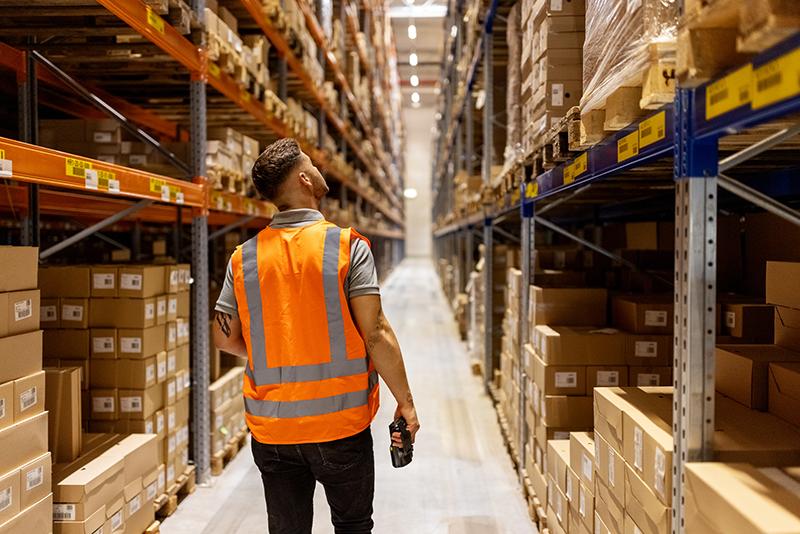AutoStore has released a new benchmark report with insights from over 300 C-level business leaders in warehouse management and fulfilment. Survey participants identified the top three current challenges facing organisations as: rising energy costs (32%), increasing labour costs (27%), and supply chain and shipping constraints (26%).
“There is a need to operate more efficiently, which is perhaps why nearly 9 in 10 organisations either have, or are planning to install, automation technology in their warehouse in 2023,” said Philipp Schitter, Vice President of Business Development Asia-Pacific at AutoStore. “The intention to meet a challenging macro environment with a technology uptake is good news for customers who want their products quickly.”
AutoStore surveyed executives from North America, Europe, and Asia Pacific for the report. European respondents (44%) cited energy costs as a top challenge, compared to North American and Asia Pacific respondents (24%). Conversely, rising labour costs are more of a concern in APAC (34%) and North America (27%), compared to Europe (22%).
Efficiency-Enhancing Technology
According to the industry business leaders, the most important focus areas for 2023 are improving customer satisfaction levels (34%), investing in automation technology (31%), sustainable solutions (31%), greater workforce efficiency (31%), and delivering goods-to-person faster (30%).
A large majority of respondents (88%) shared that they will implement an automated storage and retrieval system by 2024. Thirty-two percent have some sort of automation technology in place already and 56% are making plans to deploy it in the next 12 months.
“Automation technology has shifted to where it is no longer a ‘nice to have’ in the warehouse, but an absolute must have,” said Jason Wu, Business Development Manager, AutoStore Australia and New Zealand. “This report shows that the investment plan for companies when it comes to automation technology has increased dramatically from previous reports.”
Push for Space Efficiency
The report shows that approximately one in three industry business leaders cite sustainability as a key priority for 2023. Energy efficiency (55%), reducing waste (46%), employee well-being (43%), reducing storage footprint (39%), and recycling (36%) were the most important initiatives. Conversely, when asked what brands are looking for from AS/RS providers, sustainability decreased in priority (13%).
In comparison, respondents cited reliability (24%), simplicity (22%), and space utilisation (20%) as more important attributes. In fact, 43% said space saving/utilisation will be mission critical to their business and 49% cited it as a very important business priority.
“Space is critically important for organisations. We help businesses reduce costs, become more efficient, and deliver a complete ROI in one to three years, while reducing a warehouse footprint by 75% when compared to conventional storage,” said Wu. “Optimising space closely aligns with the challenge of rising costs.”
For more information about the report, go to https://www.autostoresystem.com/insights.






